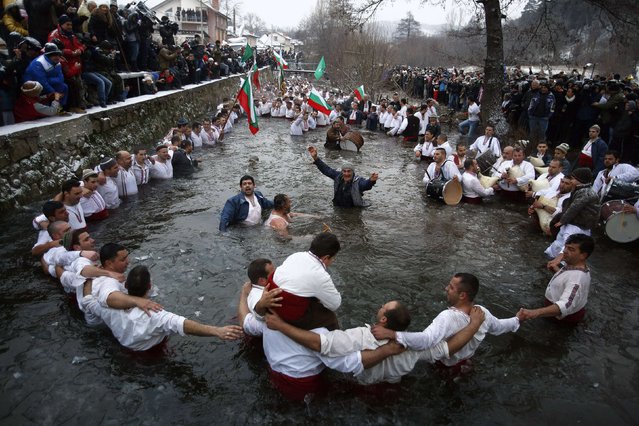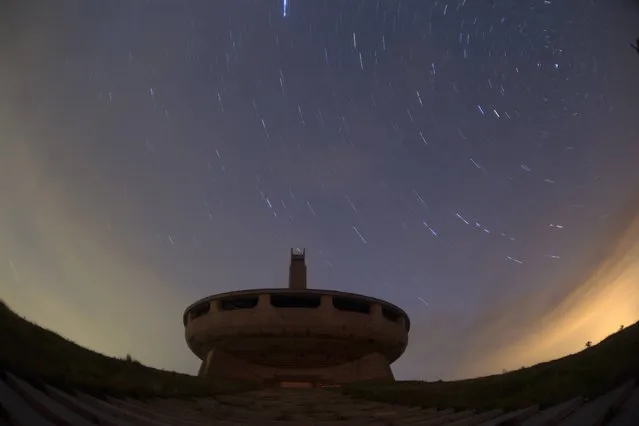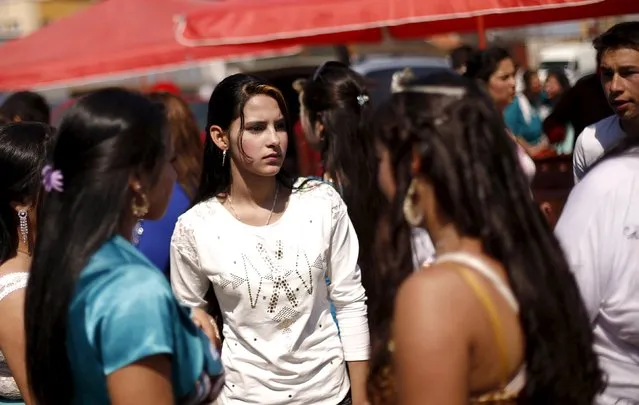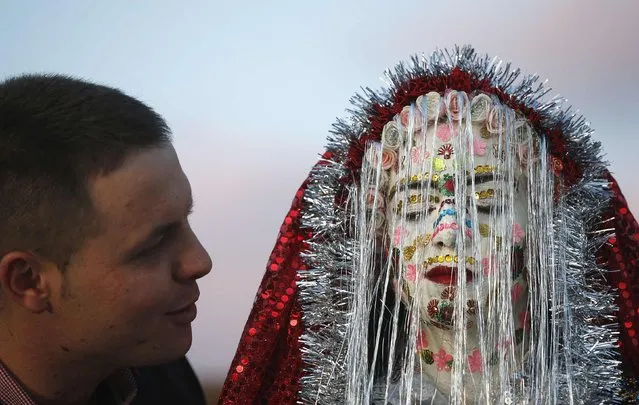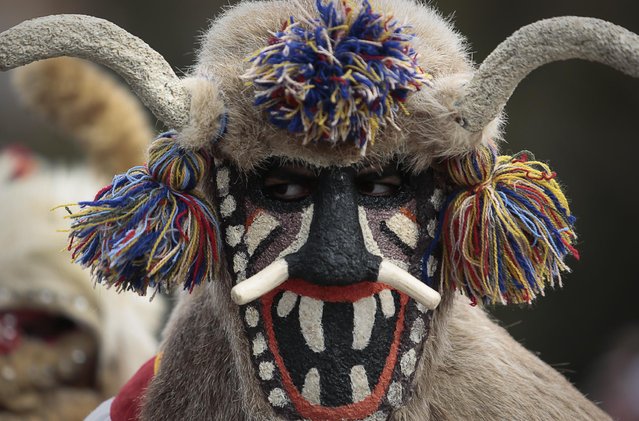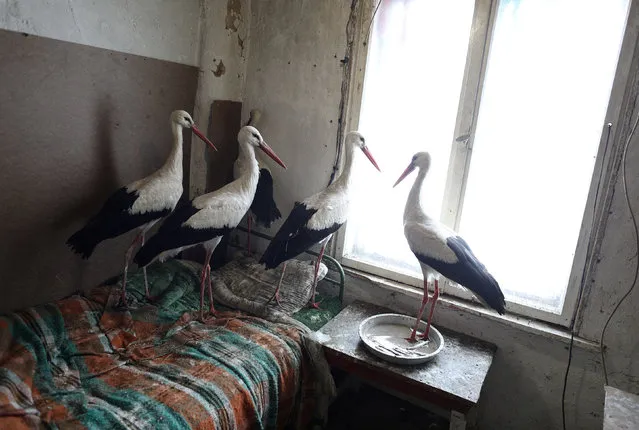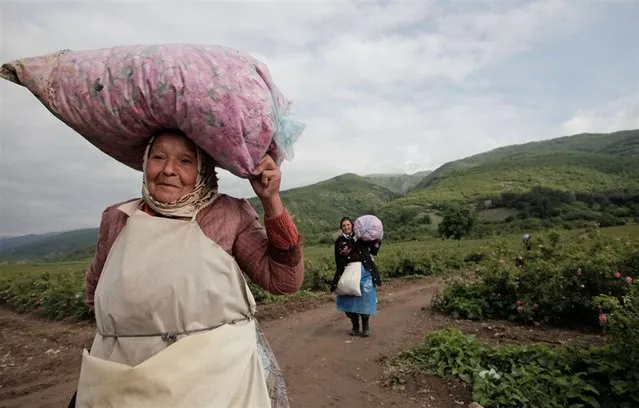
Rose oil production in Bulgaria's famous Rose Valley is set to increase by 25 percent according to a mid-season estimate by experts in spite of the climate changes and economy crisis. Bulgaria is traditionally one of the biggest world exporters of high-grade rose oil along with Morocco and neighboring Turkey, with clients mostly from the United States, France, Germany, United Kingdom and Japan. Rose oil is the most commonly used essential oil in the perfume industry.
07 Sep 2013 10:31:00,post received
0 comments

